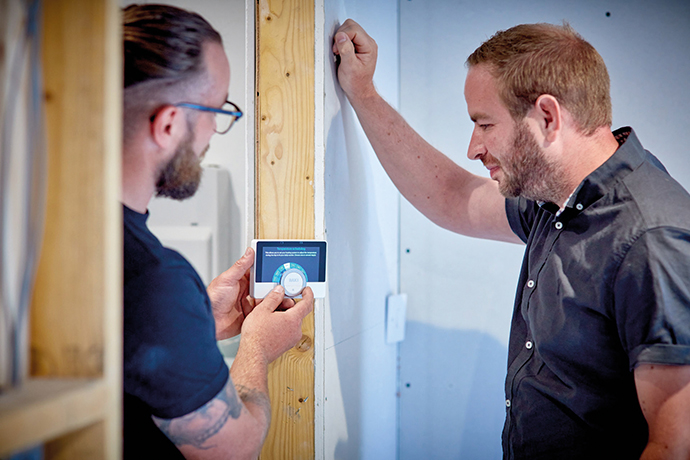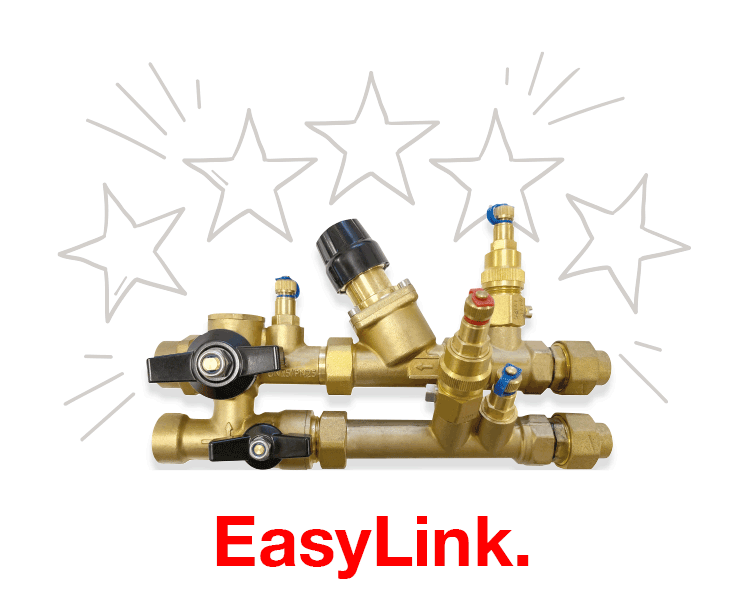It has become common knowledge that homeowners are feeling the effects of high energy bills.
As a result, heating engineers’ roles have become just as focused on advising on heating system efficiency as they are on fitting or maintaining heating appliances.
The latest boiler technology arguably works at the highest possible efficiency levels, so it’s up to engineers to help eke out any further gains via other means.
A whole array of design features ensure that modern boilers can warm a home using relatively little energy.
Some models come in a range of outputs to minimise the risk of oversizing, while others are certified for OpenTherm to maximise the impact of controls.
That’s certainly the case with Baxi’s latest 600 and 800 Combi and System 2 boilers which both offer those features and many more besides.
A correctly installed, commissioned, operated and maintained appliance is, however, only the start.
 Beyond the boiler
Beyond the boiler
While engineers tend to focus on the boiler itself, it’s important to consider all factors that impact the home’s heat.
Loft or cavity wall insulation, or improvements to windows will have a positive impact on the building’s heat retention, enabling greater energy savings.
Though not an installer’s specialism, these considerations can be made during any conversation with customers about heating efficiency.
Similarly, Thermostatic Radiator Valves (TRVs) are integral to efficient boiler-led systems too, though many older homes don’t have them.
Discussing the energy and cost benefits of TRVs will ensure homeowners can make informed decisions for their households.
Controls and customisation
Smart controls, such as Baxi’s uSense 2 smart room thermostat, allow users to see and adjust boiler settings, monitor energy use and control their system, all from a phone.
They also make scheduling easy as users can pre-set desired temperatures for different days.
Installers can help boost boiler efficiency by recommending weather compensation.
Baxi’s IFOS (in-flue outdoor sensor) uses a sensor in the outdoor section of flue to register weather changes and adjust the heat output accordingly.
Heating installers may discuss changes customers can expect on their bills if they have IFOS installed.
It is also recommended that they talk about changes to the customer’s heating system.
For example, customers need to be aware of how weather compensation works on warmer days so they can rest assured that they will be warm – even if their radiators might not be.
Conversations with customers are key to helping them save money and energy.
Heating engineers have an opportunity to consult on household energy use and ensure their customers understand measures for optimising their system to better serve their family’s needs.
For further information,
visit: www.baxi.ie (RoI)
www.baxi.co.uk/baxiest (NI)











